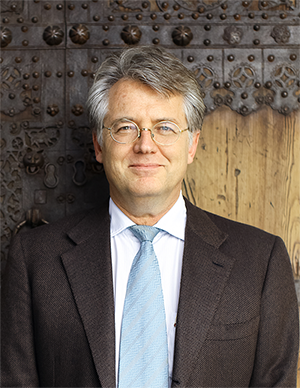
The European business community is committed to assisting China in its goal of developing a robust circular economy.
The European Chamber’s Environment Working Group has been following China’s progress in this respect very closely. It has observed that, although China has long been a frontrunner in resource recycling practices and has shown ambition to develop a comprehensive circular economy, Chinese institutional arrangements are weak and there is no holistic strategy or management system to efficiently advance on this issue. Under the current approach, progress will be limited to the areas where the government chooses to act exclusively, and entire concepts and geographies may fail to see improvement.
Having a circular economy refers to an industrial economy that is, by design or intention, restorative, with as much waste repurposed and recycled as possible. Transition towards a circular economy will foster sustainable economic growth, improve ecological development and generate green jobs, all of which can also contribute to achieving the 2016 Paris Agreement goals on climate change. China now has many initiatives in areas like industrial symbiosis, urban mining, resource recycling and utilisation, and municipal waste separation—all steps in the right direction—but these efforts are led by different ministries without adequate coordination.
In this respect, China can learn from the European Union (EU). In December 2015, the European Commission adopted an ambitious circular economy package, creating a comprehensive framework in order to truly enable the transition. Just over three years later, the EU has delivered on almost all of the 54 actions detailed in the plan, propelling Europe into a position as a global circular economy trailblazer. Such achievements would not have been possible without a detailed action plan.

China is moving in the right direction, though not on the most efficient path, making cooperation with the EU an important opportunity. A good start to such engagement was the signing of the EU-China Memorandum of Understanding (MOU) on Circular Economy Cooperation, demonstrating that the world’s two largest economies stand to gain from aligning policies to establish global standards for the treatment and use of waste materials.
However, there is room for further cooperation and acceleration of the process. Rather than just focusing on government-to-government cooperation, China would derive great benefit from looking at the roles industrial players can play. Many European companies have incorporated the development of the circular economy into their business principles, and taken action to walk the talk. Bringing them into the discussion can help China set the right policy direction. Ensuring that they can contribute through equal access to public procurement and public-private partnerships (PPPs) can also leverage what they bring to the table.
At the policy level, I refer to the views in the Environment Working Group Position Paper. Their recommendations, such as defining an overall strategy for circular economy development, with a mid- and long-term legislation framework, including targets and roadmaps and potentially implementing a number of circular economy pilot projects, can jumpstart China on the right path towards a more sustainable future.


Recent Comments